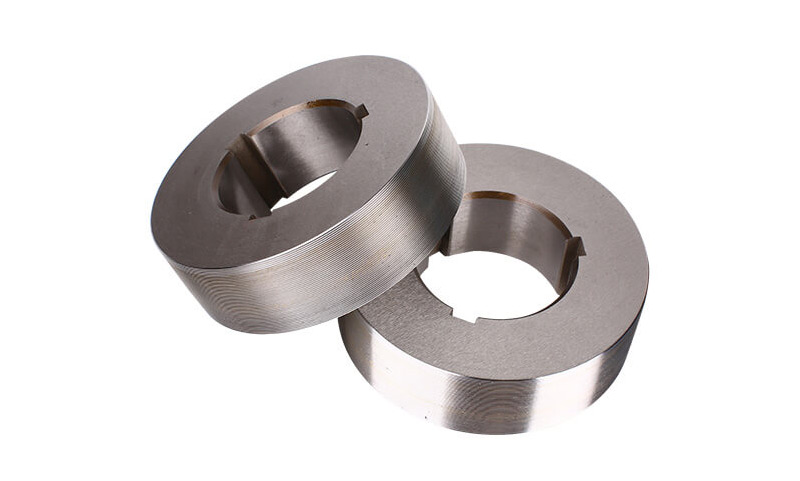
Dec . 22, 2024 13:18
Back to list
gas filtration
Gas Filtration An Essential Technology for Air Quality and Industrial Processes
Gas filtration refers to the process of removing particles, impurities, and contaminants from gases in various environments, playing a crucial role in improving air quality and ensuring the efficiency of numerous industrial processes. As environmental regulations become stricter and industries strive for sustainability, effective gas filtration technologies are more important than ever. This article explores the principles of gas filtration, its applications, benefits, and emerging technologies in the field.
The Principles of Gas Filtration
Gas filtration is primarily based on the principle of capturing and separating unwanted particles and molecules from a gas stream. The filtration can occur through various mechanisms, including
1. Inertial Impaction Particles are captured by the filter medium as they deviate from their path due to inertia when the gas stream changes direction. 2. Interception Particles that come close to the filter fibers stick to them due to van der Waals forces, thus being removed from the gas flow. 3. Diffusion Smaller particles move erratically and are more likely to interact with the filter medium, leading to their capture. 4. Electrostatic Attraction Charged particles are attracted to oppositely charged filter materials, enhancing the filtration efficiency.
These principles can be utilized in various types of filters, including HEPA (High-Efficiency Particulate Air) filters, activated carbon filters, and membrane filters, each suited to specific gas filtration needs.
Applications of Gas Filtration
The applications of gas filtration are widespread and diverse. In industrial settings, gas filtration systems are used to reduce emissions from manufacturing processes, ensuring compliance with environmental regulations. For instance, power plants use gas filters to capture particulate matter and harmful gases before they are released into the atmosphere.
In the automotive industry, gas filtration plays a vital role in exhaust systems. Catalytic converters utilize porous materials to filter out harmful pollutants from vehicle emissions, significantly reducing environmental impact.
Healthcare facilities also rely on effective gas filtration to maintain indoor air quality, particularly in operating rooms and labs, where airborne contaminants can pose serious risks
. HEPA filters are standard in these environments, as they can trap a high percentage of microscopic particles.gas filtration

Additionally, gas filtration technologies are increasingly applied in residential settings, with air purifiers gaining popularity among consumers. These systems help mitigate allergies and respiratory issues by filtering out dust, pollen, smoke, and other allergens from indoor air.
Benefits of Gas Filtration
The benefits of gas filtration extend across environmental, health, and economic dimensions
- Improved Air Quality By removing pollutants and allergens, gas filtration contributes to healthier indoor and outdoor environments. This is particularly important in urban areas where air quality is often compromised. - Regulatory Compliance Industries using gas filtration technologies are better positioned to meet strict environmental regulations, avoiding fines and improving their public image. - Operational Efficiency Effective gas filtration systems can enhance the performance of industrial equipment by preventing fouling and corrosion, leading to reduced maintenance costs and prolonged equipment life. - Health Protection In healthcare settings, efficient gas filtration helps protect patients and healthcare workers from airborne pathogens and pollutants, facilitating a safer environment.
Emerging Technologies in Gas Filtration
As demand for clean air and sustainable practices grows, innovations in gas filtration technologies are emerging. Nanotechnology, for instance, offers exciting prospects for developing more efficient filter materials. Nanofiber membranes can capture even smaller particles than traditional filters, leading to improved performance in air purification systems.
Moreover, advancements in smart filtration systems are integrating sensors and IoT (Internet of Things) technology to monitor air quality in real-time. These systems can adjust filtration rates based on pollutant levels, optimizing energy use while maintaining effective filtration.
Conclusion
Gas filtration is a critical technology with profound implications for environmental health, industrial efficiency, and public safety. As innovations continue to emerge, the efficiency and effectiveness of gas filtration systems will only improve, helping to create cleaner, healthier air for generations to come. The growing focus on sustainability and regulatory compliance will undoubtedly drive further advancements in this essential field, making it an area of ongoing importance within both industry and academia.
Next:
Latest news
-
Safety Valve Spring-Loaded Design Overpressure ProtectionNewsJul.25,2025
-
Precision Voltage Regulator AC5 Accuracy Grade PerformanceNewsJul.25,2025
-
Natural Gas Pressure Regulating Skid Industrial Pipeline ApplicationsNewsJul.25,2025
-
Natural Gas Filter Stainless Steel Mesh Element DesignNewsJul.25,2025
-
Gas Pressure Regulator Valve Direct-Acting Spring-Loaded DesignNewsJul.25,2025
-
Decompression Equipment Multi-Stage Heat Exchange System DesignNewsJul.25,2025

